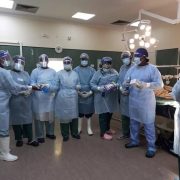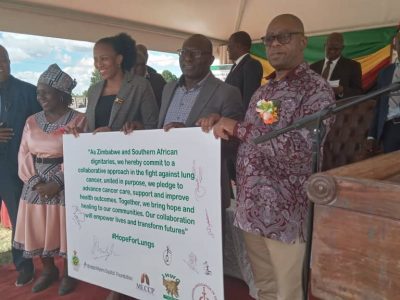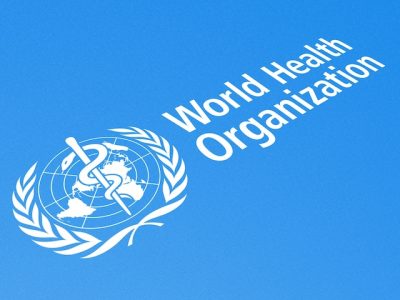The National Institute of Health Research has warned pregnant women against eating soil due to the risk of infection.
Professor Nicholas Midzi cautioned that soil may contain roundworms, hookworms and whipworms, collectively known as Soil Transmitted Helminths (STH), which are dangerous for pregnant women and unborn babies.
He said Zimbabwe is seeking to eradicate the risk of STH by 2030.
According to a baseline survey conducted in 2010, 5.5 percent of the population was infected by STH.
The figure fell to 0.7 percent in 2018 following targeted interventions, but rose to 1.9 percent in 2021 due to disruptions caused by COVID-19.
“Currently, Manicaland is the highest-burdened province with a 4.4 percent prevalence while at baseline in 2010 Mashonaland East recorded the highest prevalence of 18.3 percent,” said Dr Midzi.
For infected girls and women of reproductive age, blood loss exacerbates iron deficiency anaemia and increases the risk of maternal and infant mortality and low birth weight.
Infected children are nutritionally and physically impaired.
He said to control the infections, Zimbabwe has over the years conducted periodic deworming to eliminate infecting worms using albendazole and mebendazole.
Healthcare professionals believe that pregnant women’s craving for soil is caused by hormone changes and iron deficiency.








Comments